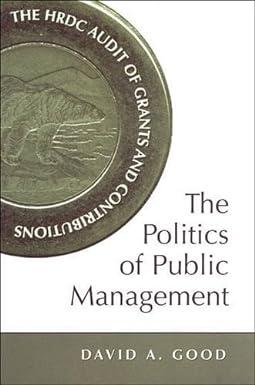Question
Consider a money search model. Time is discrete and infinite. There is a continuum of infinitely-lived agents with unit mass. Assume there are N types
Consider a money search model. Time is discrete and infinite. There is a continuum of infinitely-lived agents with unit mass. Assume there are N types of agents and N goods, where type n agents consume good n but produce good n +1 modulo N i.e., type N agents produce good N +1 = 1). The fraction of type n is 1/N for n = 1, 2, ...N. Agents meet bilaterally in each period with probability 1. Each agent has preferences given by E EG-) u(a), 0 1+r/ where r > 0, C is consumption and u() is a strictly increasing function. A fraction M of the population is endowed with one unit of fiat money in period 0. Goods and money are indivisible. An agent can store at most one unit of any good (including money) at zero cost. Assume free disposal. Let u" = u(1) and normalize u (0) to 0.
1. Solve for all of the symmetric stationary equilibria.
2. If there are multiple equilibria, can these be Pareto-ranked? Explain.
3. Derive the optimal quantity of money that maximizes the ex-ante expected utility of the agents.
My question: how can I set up for solving this problem?
Step by Step Solution
There are 3 Steps involved in it
Step: 1

Get Instant Access to Expert-Tailored Solutions
See step-by-step solutions with expert insights and AI powered tools for academic success
Step: 2

Step: 3

Ace Your Homework with AI
Get the answers you need in no time with our AI-driven, step-by-step assistance
Get Started


